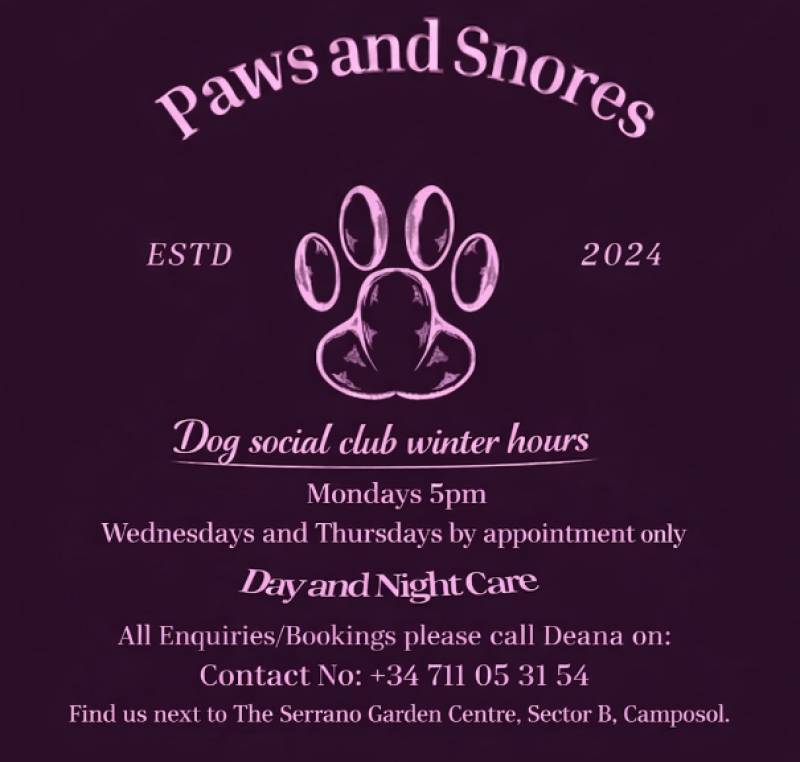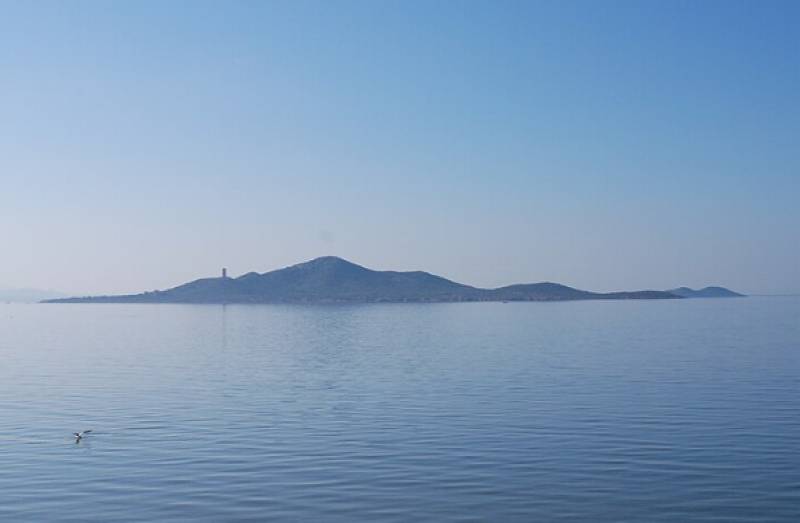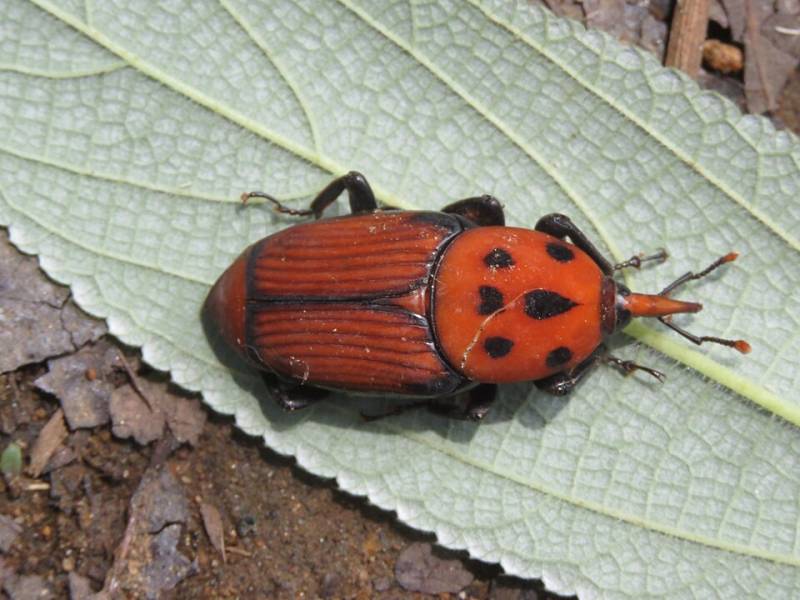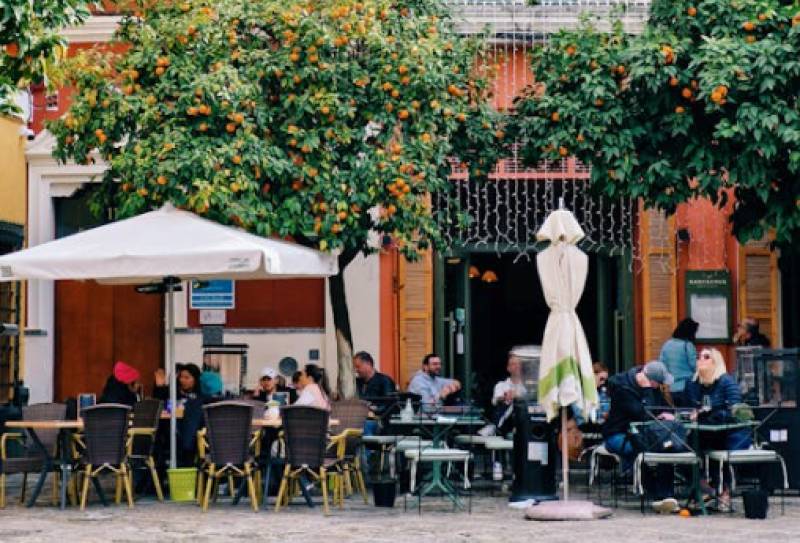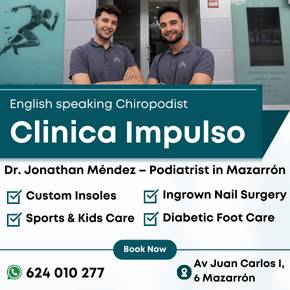
To be listed on the CAMPOSOL TODAY MAP please call +34 968 018 268.

Guidelines for submitting articles to Condado Today
Hello, and thank you for choosing CondadoToday.com to publicise your organisation’s info or event.
Condado Today is a website set up by Murcia Today specifically for residents of the urbanisation in Southwest Murcia, providing news and information on what’s happening in the local area, which is the largest English-speaking expat area in the Region of Murcia.
When submitting text to be included on Condado Today, please abide by the following guidelines so we can upload your article as swiftly as possible:
Send an email to editor@condadotoday.com or contact@murciatoday.com
Attach the information in a Word Document or Google Doc
Include all relevant points, including:
Who is the organisation running the event?
Where is it happening?
When?
How much does it cost?
Is it necessary to book beforehand, or can people just show up on the day?
…but try not to exceed 300 words
Also attach a photo to illustrate your article, no more than 100kb

Wild tortoise ownership in Murcia and Spain: illegal but surprisingly common
How to get back on the right side of the law if you own a tortoise in Murcia
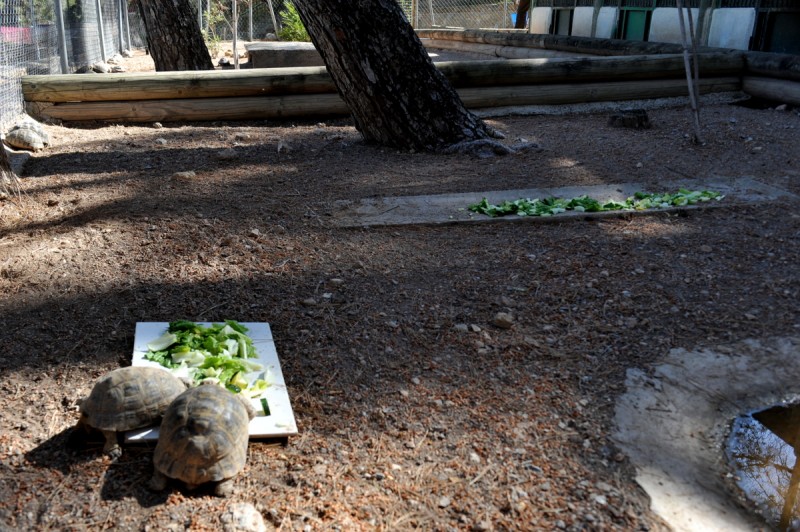
Many members of the public are unaware of the fact, but since 1st July 2015 it has officially been illegal in Spain to own a pet common or spur-thighed tortoise, despite the adoption of these animals traditionally being popular, particularly in Almería and the Region of Murcia.
What this means, quite simply, is that anyone found to be in possession of such an animal is breaking the law, and in theory is subject to a fine and even a suspended prison sentence, while stiffer punishments are stipulated for people found to be buying and selling tortoises. This means that many people who have bought pet tortoises from street vendors, or have even “inherited” a garden tortoise when buying a house and finding that the previous owner has left it behind, could be liable to prosecution.
But don’t be alarmed: the intention of the authorities with this legislation is not to generate revenue through fines, but to take them out of circulation while preserving the few “genuine” and endangered tortoise populations in the wild in Spain. One of these is in the south-west of the Region of Murcia and the east of Almería, occupying the countryside in parts of the municipalities of Lorca, Águilas, Mazarrón, Alhama de Murcia and Puerto Lumbreras.
Indeed, it is the protected status enjoyed by the species which makes it illegal for the tortuga mora to be in private ownership.
What to do if you own a tortoise
Should you currently own, or have inherited, a spur-thighed tortoise, the recommended course of action is to contact either the Wildlife Recovery Centre in El Valle or the Seprona wildlife protection wing of the Guardia Civil, who will ensure that all specimens are collected and taken initially to El Valle (see contact details below).
Unfortunately not all tortoises delivered to El Valle are re-released into the wild. Some are found to be in poor health after being kept in captivity, while others are discovered to be crosses between different species and sub-species. However, there is a large area of land contiguous to the recovery centre on which long-term resident tortoises are kept and cared for.
How widespread is tortoise ownership in Murcia?
When the move to illegalize tortoise ownership was being debated a report was compiled by researchers at the University of Murcia which concluded that well over 100,000 tortoises were owned by individuals in the Region, and that they were especially popular as pets in Águilas, Mazarrón and Lorca. For generations families had not imagined that this relatively common animal could possibly be in danger of disappearing from the countryside: shepherds used to bring them home, and they were popular with children while helping to clean houses of unused vegetables and other food.
At the same time, as pets they did not demand a daily walk, and were not prone to racing out of opened gates and defying attempts to catch them, and in addition they were often kept in chicken coops as there was a belief that they scared away fleas as well as consuming other insects. For all of these reasons it was common to find them being sold at market stalls until the 1970s.
The report identified the construction of residential tourism developments in the 1990s and 2000s as one of the reasons for numbers in the wild dwindling, as the arrival of human beings in their natural habitat disturbed the eco-system. New residents from northern Europe also took tortoises in, unaware that they were removing a protected species from its natural home, and at the same time wild fires decimated some local populations.
The construction of new motorways through their natural habitat didn’t help either, as the breed appears to have a fatal attraction to tarmac as a spot on which to sun themselves: being run over is now one of the most common causes of death for the species, hence, for example, the installation of netting alongside the road in the Nogalte area of Lorca.
Similarly, shortly before 20 tortoises were confiscated from a rural property in Lorca in 2016, a tortoise population was found on the route of the AVE high-speed rail line which is being built between Pulpí and Cuevas del Almanzora in the province of Almería. Aware that they are not allowed to harm the tortoises which live in the area, representatives of construction company Sacyr made a special request to the regional government of Andalucía to be granted permission to pick them up and move them to a safe area away from the construction site. This permission was finally granted after a month, but only after the issue was raised in Congress, where PP spokesman Rafael Hernando urged that the matter be resolved as it was progressing at a pace normally associated with the species concerned.
Who to call if you have a tortoise, or find one injured or at risk of being run over
The recommended procedure is to contact Seprona (Guardia Civil telephone number in the Region of Murcia 968 234565), the naturalists association ANSE (968 966407) or the Centro de Recuperación de Fauna de El Valle (968 844907 / 968 177500).



















